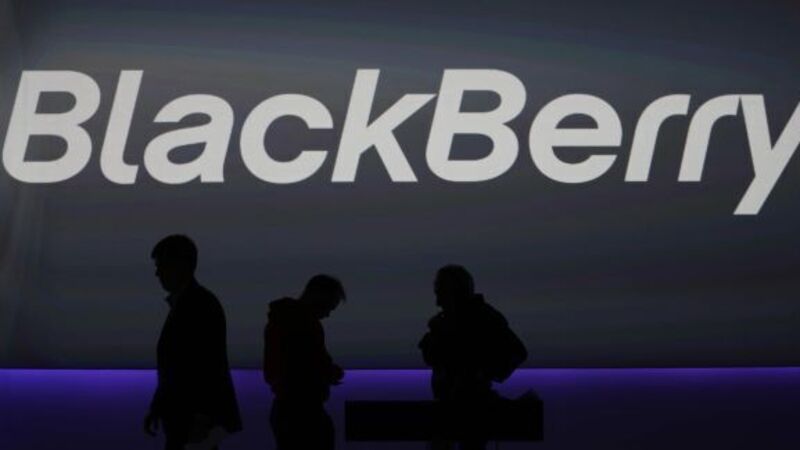BlackBerry to slash 4,500 jobs as new devices fail to catch on

The company, based in Waterloo, Ontario, expects to report a net operating loss of as much as $995m for the fiscal second quarter, according to a statement yesterday. Sales in the quarter were about $1.6bn — just more than half the $3.03bn average estimate of analysts surveyed by Bloomberg.
The company sold about 5.9m smartphones in the quarter, it said. BlackBerry had 12,700 employees as of the end of March, the last time it has reported a figure. The inventory writedown is mostly based on the value of Z10 touch-screen devices, the company said.














